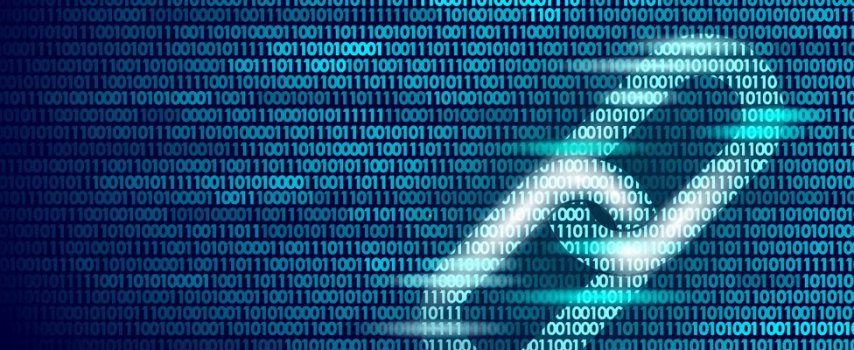When most people think about blockchain technology, they automatically associate it with cryptocurrency such at bitcoin. The reality is that blockchain is so much more than a component of this and other decentralized currencies. It is a protocol that describes how transactions are defined, connected, transmitted, and collected. Inherent to its design are the processes needed to establish consensus when updating a data store in a way that guarantees its non-repudiation.
As the blockchain technology breaks free from its early beginnings, companies are finding new and innovative ways to put it to work to enable business processing. The realm of data and analytics is no different. These teams are also looking for ways to integrate blockchain into their processes to further support their businesses.
Three ways data and analytics teams are using blockchain are in data monetization, data and document integrity, and fraud prevention.
Smart Contracts and Data Monetization
When a company recognizes that it has data valuable to others, it looks for ways to monetize that data. This requires establishing a relationship between the seller of the data and the potential consumer.
As part of the blockchain concept, there has arisen the notion of a smart contract -- an entry in a blockchain that contains a snippet of code. When an action occurs in the blockchain, that code is executed. These code snippets are limited to reading from the blockchain and writing to the blockchain, but with these two features, complete transactions between parties can be automated. If the smart contract needs to interact with information from the physical world, a blockchain oracle can be used. A blockchain oracle is a third-party intermediary that provides information that can be connected to the smart contract, providing knowledge about activity in the physical world.
Continue reading: https://tdwi.org/Articles/2022/03/14/ADV-ALL-3-Ways-Blockchain-is-Impacting-Analytics.aspx?Page=1
As the blockchain technology breaks free from its early beginnings, companies are finding new and innovative ways to put it to work to enable business processing. The realm of data and analytics is no different. These teams are also looking for ways to integrate blockchain into their processes to further support their businesses.
Three ways data and analytics teams are using blockchain are in data monetization, data and document integrity, and fraud prevention.
Smart Contracts and Data Monetization
When a company recognizes that it has data valuable to others, it looks for ways to monetize that data. This requires establishing a relationship between the seller of the data and the potential consumer.
As part of the blockchain concept, there has arisen the notion of a smart contract -- an entry in a blockchain that contains a snippet of code. When an action occurs in the blockchain, that code is executed. These code snippets are limited to reading from the blockchain and writing to the blockchain, but with these two features, complete transactions between parties can be automated. If the smart contract needs to interact with information from the physical world, a blockchain oracle can be used. A blockchain oracle is a third-party intermediary that provides information that can be connected to the smart contract, providing knowledge about activity in the physical world.
Continue reading: https://tdwi.org/Articles/2022/03/14/ADV-ALL-3-Ways-Blockchain-is-Impacting-Analytics.aspx?Page=1

